Why Writers Feel Guilty and How to Overcome It
 Why should we feel guilty for taking time to write?
Why should we feel guilty for taking time to write?
After all, it’s a passion for many of us, and for some, a way to make a living. We don’t feel like things are “right” in our worlds if we’re not writing, so why on Earth would we ever feel guilty for doing something that’s so critical to our life’s purpose and happiness?
Alas, we often do. It’s a unique thing about writing. We don’t feel guilty for going to work at a day job, or cleaning the house, or crocheting a baby blanket for a new niece or nephew, but writing? That’s a different animal.
Maybe it’s because there’s no outside structure. We can write “whenever we want,” supposedly, which can lead us to feel that we should do other, “more important” things first. Maybe it’s because sometimes, it seems writing takes us away from family, friends, and community, and we wonder whether or not it’s worth it.
Unfortunately, this feeling of guilt can wreak havoc on your writing productivity, sabotage your motivation, and destroy your confidence, so when it raises its ugly head, it’s important to address it as soon as possible.
Too Many Choices Leads to Guilt and Anxiety
When you dig a little deeper into this feeling of guilt, you find that it’s more pervasive these days in all walks of life. We have so many things vying for our attention that we have to do one thing more than we’ve ever had to before: choose.
That means we have to take even more responsibility for how we’re spending our time, and it’s easy to feel guilty if we imagine we’ve made even one wrong choice.
According to a 2015 survey, 42 percent of respondents felt guilty for relaxing during vacation. Other reports show we feel guilty about watching television, submitting our ailing parents to nursing home care, and not spending enough quality time with our kids.
Guilt hounds us when we realize we could have gotten a better deal on a new phone or car, or when we find that the hotel room we did so much online research to find is a dud. Somehow, it all comes back to our doorstep.
We even face “food guilt,” a new eating disorder that at mild levels, makes us feel guilty for over-indulging in all those food choices we have.
Writers, in particular, tend to struggle. We have to choose not only when to write, but when to market, and when to seek out help to improve our skills. We also have to choose when not to write, when to relax, and when to give our brains a break, which can be even more difficult.
We’re clearly asking too much of ourselves when it comes to the choices we’re making. No one can get it right 100 percent of the time, and what is “right” anyway? Perhaps we need to remind ourselves that every choice involves risk, and that we can only do the best we can.
5 Ways to Diminish Writer’s Guilt
How can you avoid feeling guilty about choosing to write? Try these five tips:
- Realize what “wasting time” really is.
When you’re sitting there alone, typing, it can be easy to worry that you’re wasting time. Consider for a moment what wasting time really is. When conducting surveys on company employees, researchers qualify things like socializing, surfing the net, and taking long breaks as wasting time. If you’re writing, you’re being more productive than most.
- Imagine what else you would do with your time.
If you didn’t write, what else would you do? Would you be happier with the results next week, or even ten, twenty, or thirty years from now if you did something else instead? Most writers would say “no.” Remember what writing means to you, and honor its importance in your life.
- Remember that money isn’t everything.
Our society is focused on activities that provide external rewards (such as money and position), but a balanced life involves a lot more than that. Activities like writing provide intrinsic rewards—they give you pleasure, develop your personal potential, and help you find meaning. Certainly that sort of activity is well worth your time.
- Realize that writing is good for you.
You know that eating right, exercising, and getting a good night’s sleep are all good for your body (and mind!), but what you may not realize is that spending time on creative work is good for you emotionally. As a creative being, committing to writing on a regular basis is just as important to your health as eating a balanced diet.
- Make peace with your choices.
Creative people have a hard time trusting themselves. Am I really meant to write? I’m not where I should be in my career—should I keep going?
Trust that you’re making the right decisions. You probably feel called to write, and research has shown that ignoring a calling is worse for your well being than not having a calling at all. Make the choices you need to make, and be brave enough to commit to them wholeheartedly— without guilt.
Sources
Jessica Plautz, “Americans Feel Guilty for Relaxing on the Few Vacations They Actually Take,” Mashable, August 12, 2015, http://mashable.com/2015/08/12/americans-relaxing/#_zQXgzPj4Pqg.
Gazica, Michele W., and Paul E. Spector. “A comparison of individuals with unanswered callings to those with no calling at all.” Journal of Vocational Behavior 91 (December 2015), 1-10. doi:10.1016/j.jvb.2015.08.008.
—
Colleen M. Story is the author of Overwhelmed Writer Rescue—a motivational and inspiring read full of practical, personalized solutions to help writers escape the tyranny of the to-do list and nurture the genius within. Get your free chapter here! For more information, please see her motivational blog Writing and Wellness and her author website, or follow her on Twitter (@colleen_m_story).
About OVERWHELMED WRITER RESCUE
 Find the time, energy, and confidence you need to make your creative dreams come true!
Find the time, energy, and confidence you need to make your creative dreams come true!
Do you feel like you’re always behind? Do less important tasks frequently flood your schedule and sink your creative motivation? Are you frustrated and out of touch with your inner artist?
After 20 years experience in the writing industry, author Colleen M. Story extends a lifeline to pull you out of the sinking swamp of “busyness” and back into the flourishing creative life you deserve.
Today’s demands on writers and other creative artists are overwhelming. Not only must you produce the work you love, but build and maintain a platform and market your finished products to the world—all while holding down a day job and/or caring for a family.
You teeter on the edge. What waits on the other side are burnout, exhaustion, and a complete loss of creative motivation.
Overwhelmed Writer Rescue provides practical, personalized solutions to help beginning and experienced writers and other creative artists escape the tyranny of the to-do list to nurture the genius within. You’ll find ways to boost productivity, improve time management, and restore your sanity while gaining insight into your unique creative nature and what it needs to thrive.
Ultimately, you’ll discover what may be holding you back from experiencing the true joy that a creative life can bring.
In this motivational and inspiring book, you’ll learn:
•Why you feel so rushed and how you can regain control of your time.
•Your unique “time personality” and how to use it to get more writing done.
•Practical steps to overcome distractions and focus faster.
•The 7 “productivity saboteurs” that plague creative artists and how to outsmart them.
•Your personal motivation style and how to use it to increase productivity.
•How to tap into your unconscious mind to find “writer solutions” when you need them.
•Why affirmations don’t work and how to instill true belief in yourself.
•Why it’s critical to your overall health and well being to nurture the creator within.
There’s no reason to feel overwhelmed one moment longer. No matter how crazy your life is, you can find more time for your creative work, and start feeling more like yourself again.
Category: Contemporary Women Writers, How To and Tips






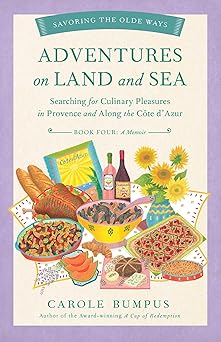
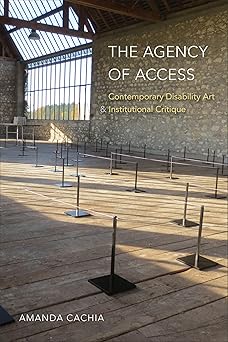
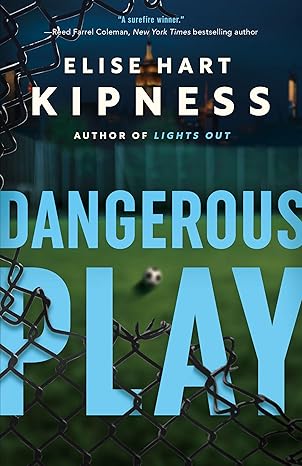
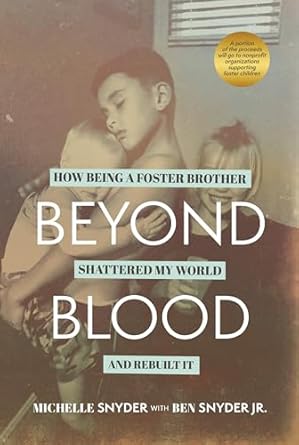
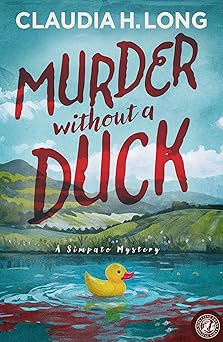
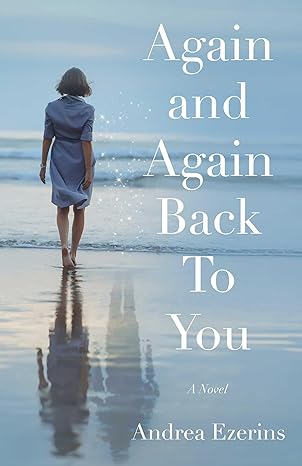
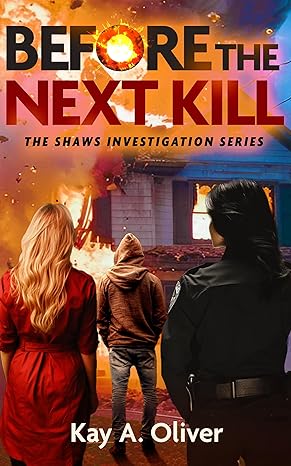
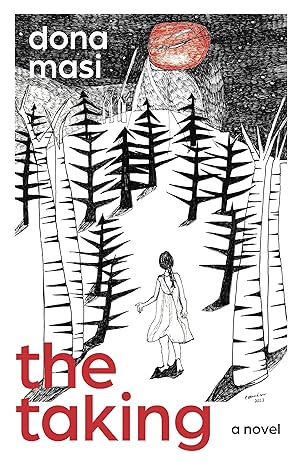

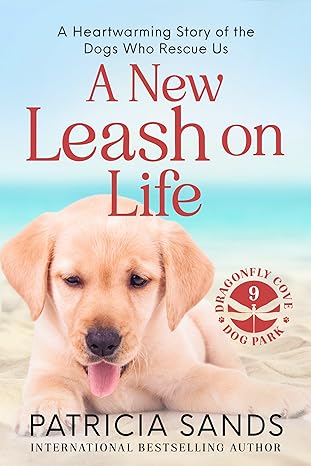

Comments (1)
Trackback URL | Comments RSS Feed
Sites That Link to this Post